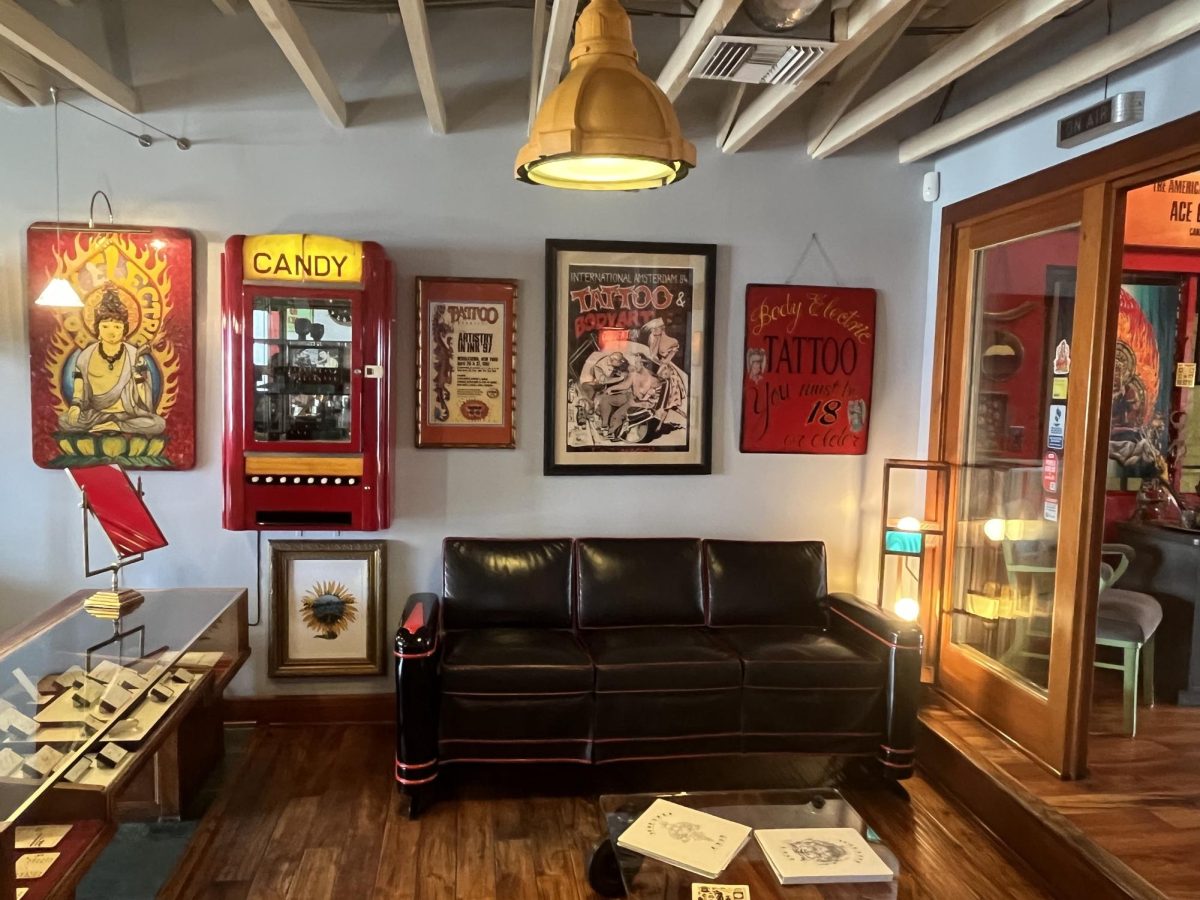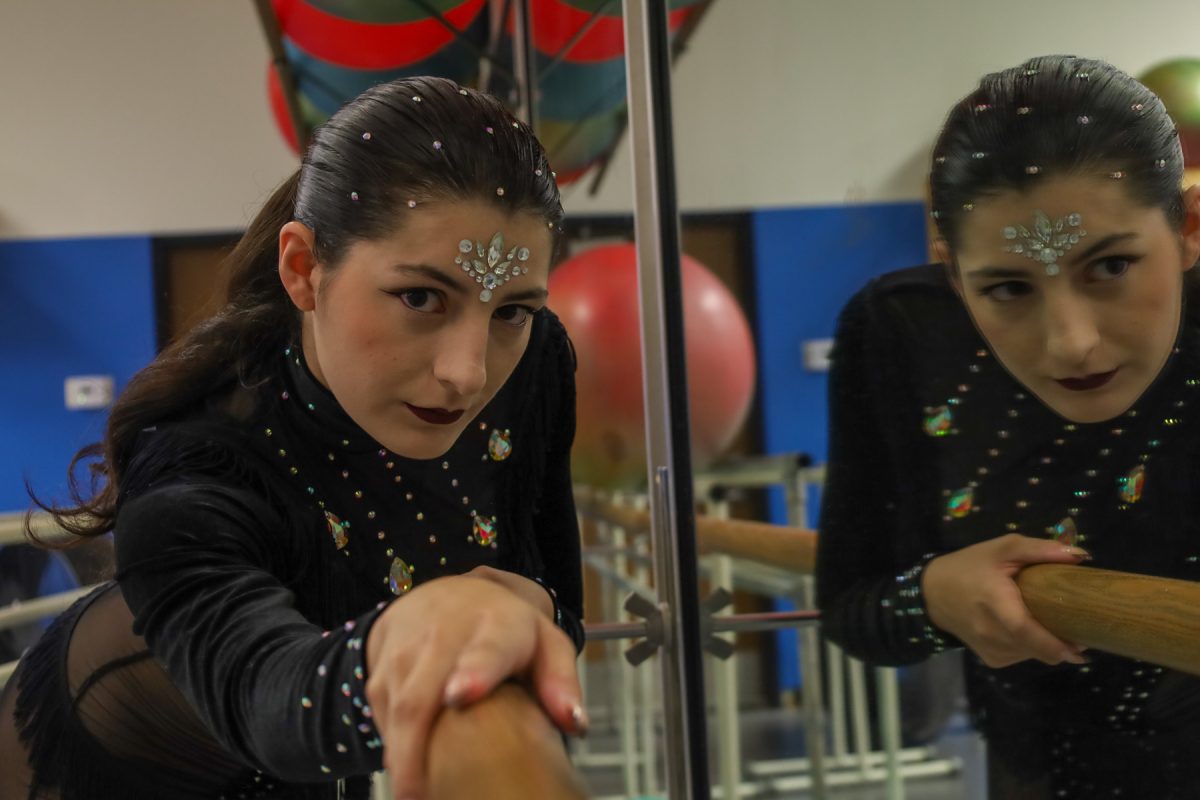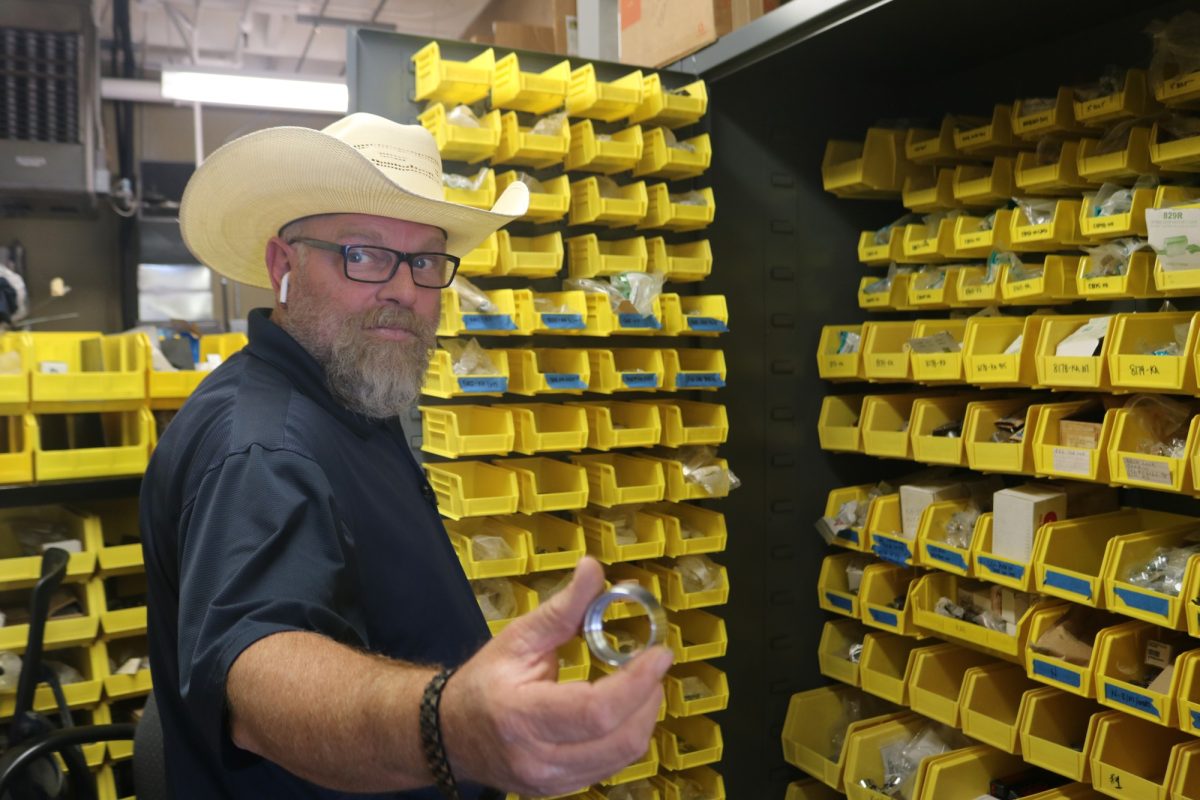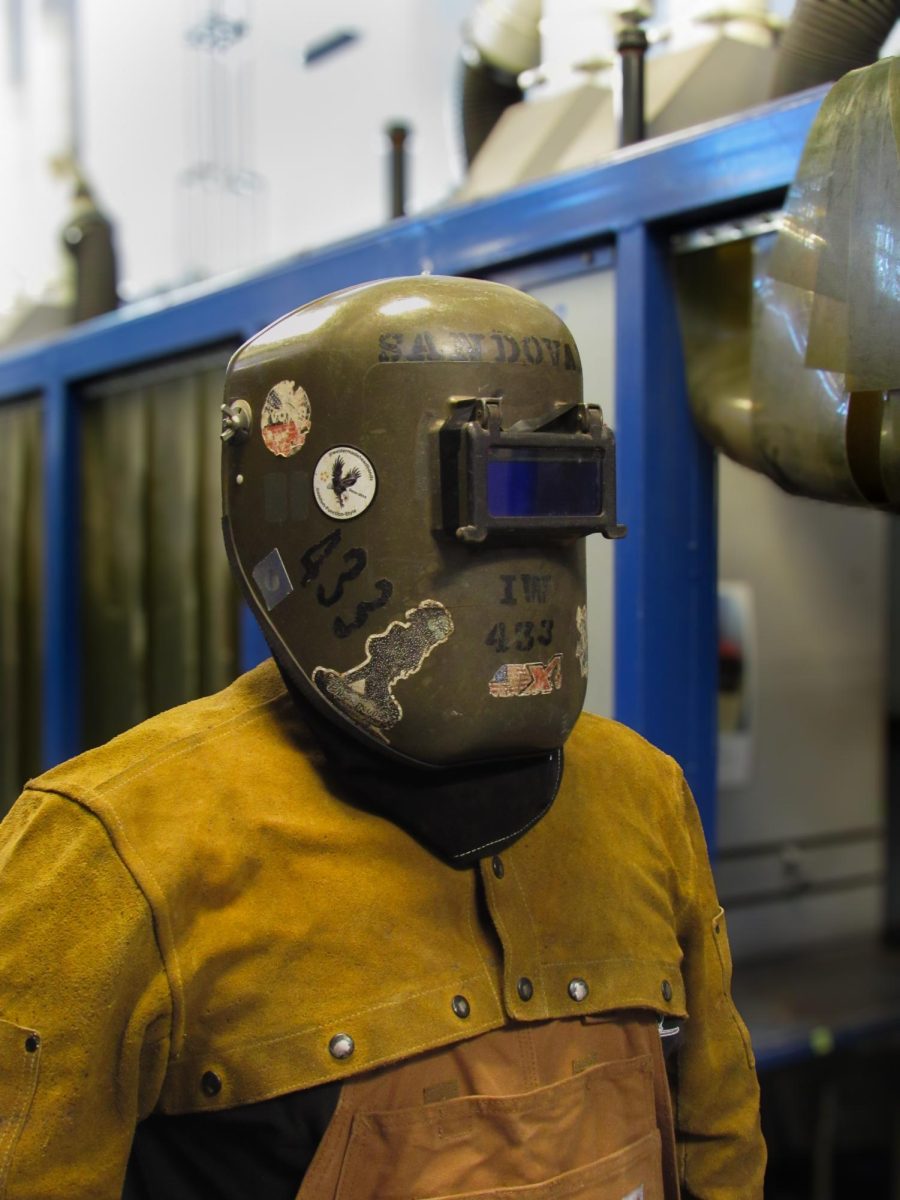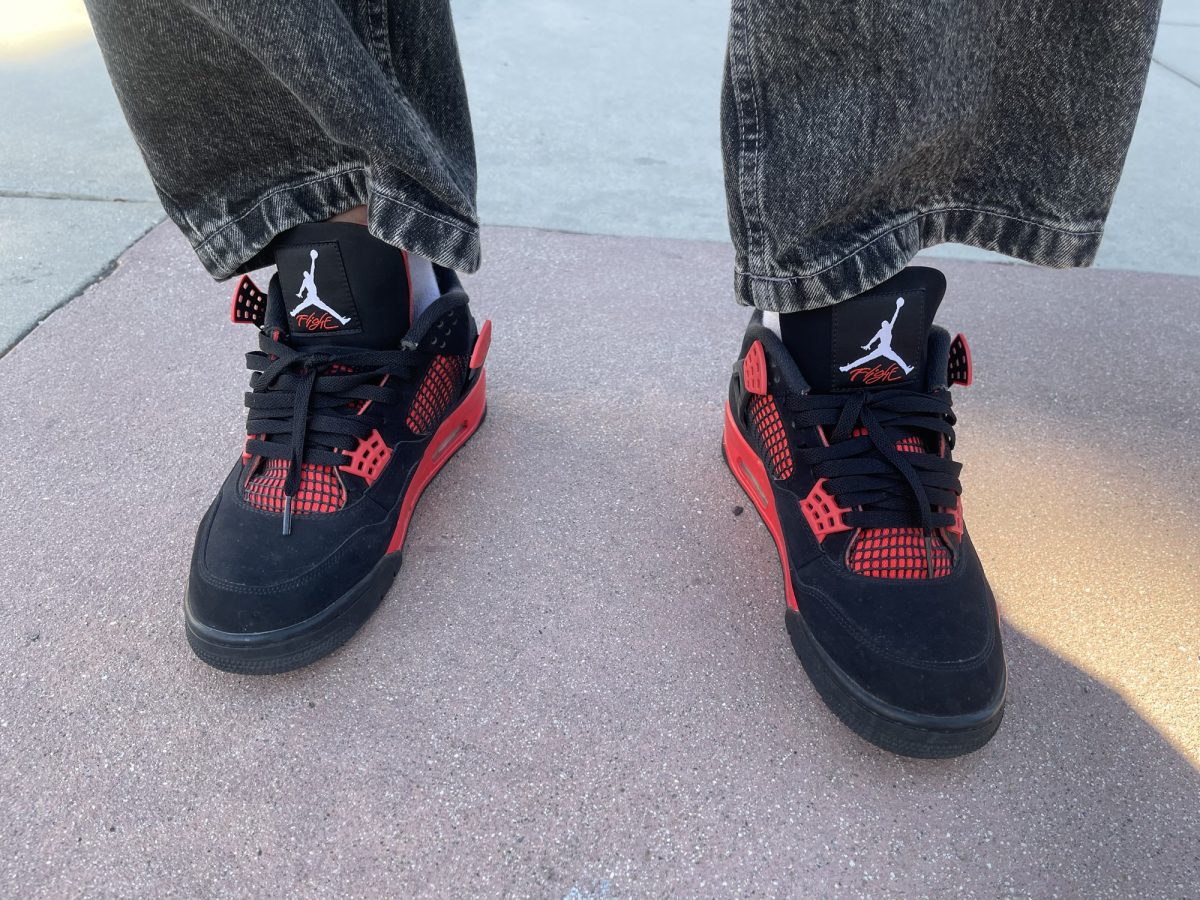My parents always expected straight As. Maybe an occasional B.
That’s just who I was: a good student. Smart. Hardworking. Determined.
The only problem? I felt like I had to be.
I owed it to my parents. After all, they worked so hard to get here. I couldn’t disappoint them; I knew what they expected me to become.
My father left a drug-ridden Colombia in the ‘90s and my mom immigrated from Mexico, both for the same reason: a better future.
A future that did not come without hardship. My parents lived their first years in Los Angeles in poverty, staying in a shelter for two years and working pay check to pay check to get by. They waited 15 years for citizenship.
How could I not give them my all?
Perhaps other immigrants’ children can relate.
The number of children of immigrants has grown over the years, with a total of 17.6 million U.S. children living with at least one immigrant parent in 2022, according to the Migration Policy Institute.
Children of immigrants have been rising to the top, many surpassing their parents’ income in upward mobility.
A 2016 study by the Institute of Family Studies found that 51% of children of immigrants were earning mostly A’s, compared to 48% of those with US-born parents.
It’s the children of immigrants who get into top colleges, become lawyers or doctors, start businesses and win science fairs and spelling bees.
Not to say that children of nonimmigrants don’t accomplish the same things. There’s always competition there.
Yet, according to a KFF analysis, immigrants’ children are more likely to have a bachelor’s degree than children of U.S.-born parents.
So what do we have that others don’t?
Most of us don’t have money or connections. We don’t have privilege or influence.
Instead, we have the pressure within us, pushing us every day, to make our parents proud and make their sacrifice worth it.
That’s why I worked hard my entire childhood – I was determined to have a successful future. For them.
My father would call home to Colombia and tell his parents about everything I achieved. Every honor roll, report card and scholarly award.
“She’s going to do great things,” they would say.
I wasn’t so sure.
My smooth academic trajectory hit a rock at the start of high school. The pandemic ensued, laziness kicked in and years of academic rigor suddenly slipped down the drain.
I had no motivation to continue my education. No reason to put in effort. It was so easy to sleep in, miss class and skip assignments.
I stopped enrolling in challenging classes and planned to graduate from California Pacific Charter School in Newport Beach as soon as possible, just to get high school over with. So I did.
As I walked down the stage at my graduation ceremony after just three years in high school, an emptiness sunk my stomach.
My parents were smiling and taking pictures, but I couldn’t understand why they were so happy. I had wasted the past three years of my life, accomplishing nothing.
“Your parents must be proud of you,” people would tell me.
I didn’t believe them. They had to be disappointed. Disillusioned with their daughter who had so much potential.
A wave of guilt washed over me. I owed them everything. My success, my hard work, my good grades.
Otherwise, what was their sacrifice for? The thousands of miles they traveled? The years it took them to get their citizenship? The decision to move to a more expensive neighborhood where their daughters could attend better schools? It would’ve all been in vain.
During my first years of college, I yearned to accomplish something and make up for the time wasted. I wanted to prove my potential and worth.
When I first started writing this story, I refused to talk to my parents. I hated confrontation and vulnerability.
But, looking my mom in the eyes one day, I knew I had to tell her. So I did.
All she wanted, she said, was for me to have a career and to be independent. “That’s the best thing I can give you,” she said.
I sighed, having heard this many times.
Then, she said this: “Don’t try so hard to make me proud. I love you. You’re my kid.”
Tears began to form as I realized something I wish I’d known long ago.
It wasn’t my accomplishments that made my parents proud.
Although they wanted me to be successful, that didn’t define their love for me.
They were simply proud of who I was, as their daughter.
And that was enough.






